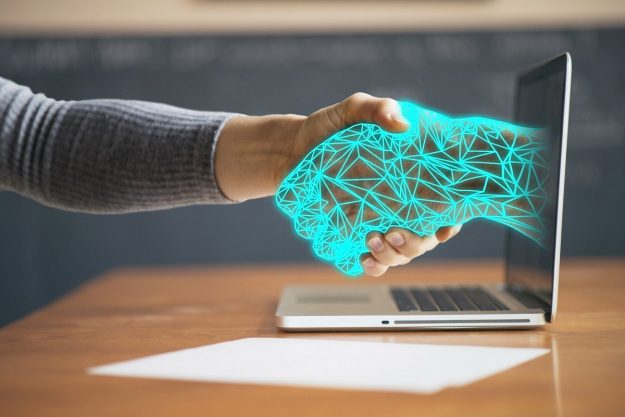As digitisation and computers in general are advancing rapidly, many engineers and scientists work on the possibilities and challenges developing artificial intelligence might pose. AI as a topic is also being researched by a handful of members of our division.
As such, researcher Lina Rahm has published a new article with the title “Education, automation and AI: a genealogy of alternative future” in the journal Learning, Media and Technology. She discusses the co-development of education technologies with both new trends in digital advancements and views on these issues from the past. The way we do education as humanities scholars has already changed profoundly during the ongoing pandemic. Furthermore, change is an ongoing thing and thus Lina’s research is necessary more than ever.

If you are interested in the article you can find it here.
Abstract:
The relationship between technical development and education is a reciprocal one, where education always stands in relation to those skills, competencies, and techniques that are anticipated as necessary in a technological future. At the same time, skills and competencies are also necessary to drive innovation and technical development for the progressive creation of desirable futures. Jumping back to the 1950s, this article illustrates how automation and AI have been anticipated as both problems and solutions in society, and how education has been used to solve these problems or realize these solutions. That is, computerization debates have concentrated on both the growing opportunities and the increasing risks, but almost always also on the need for corresponding education. The article uses a genealogical approach to show how, from the 1950s and up until today, education has been mobilized as an important tool for governance in computer policies.


No comments yet. Be the first to comment!